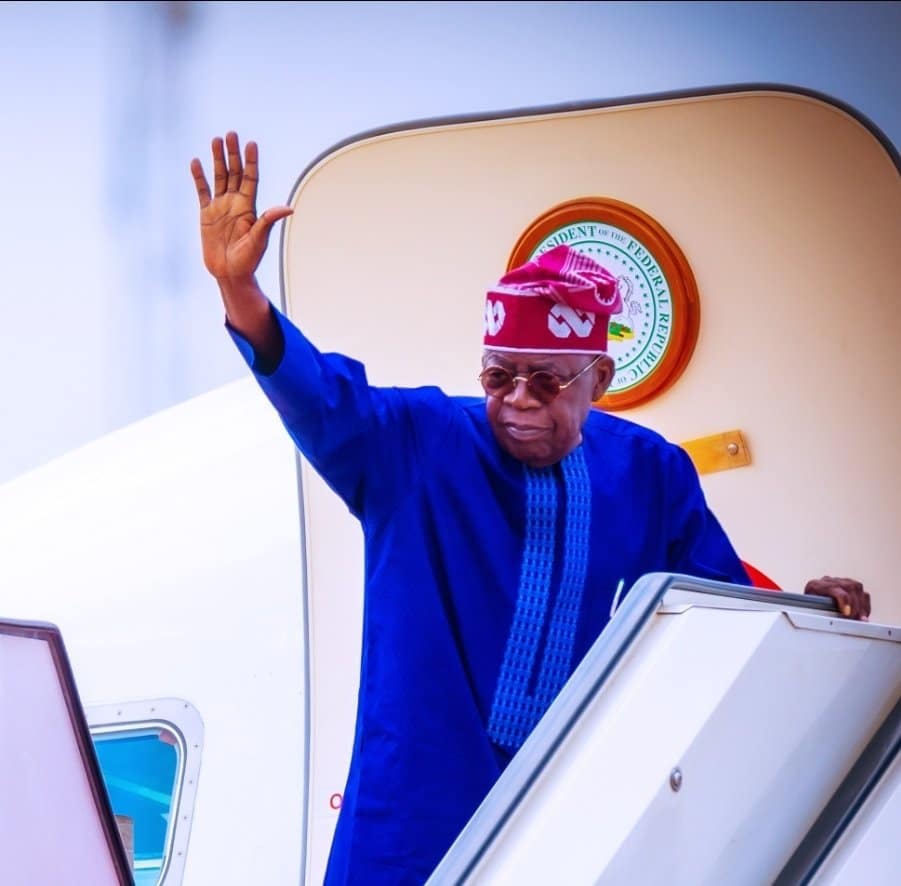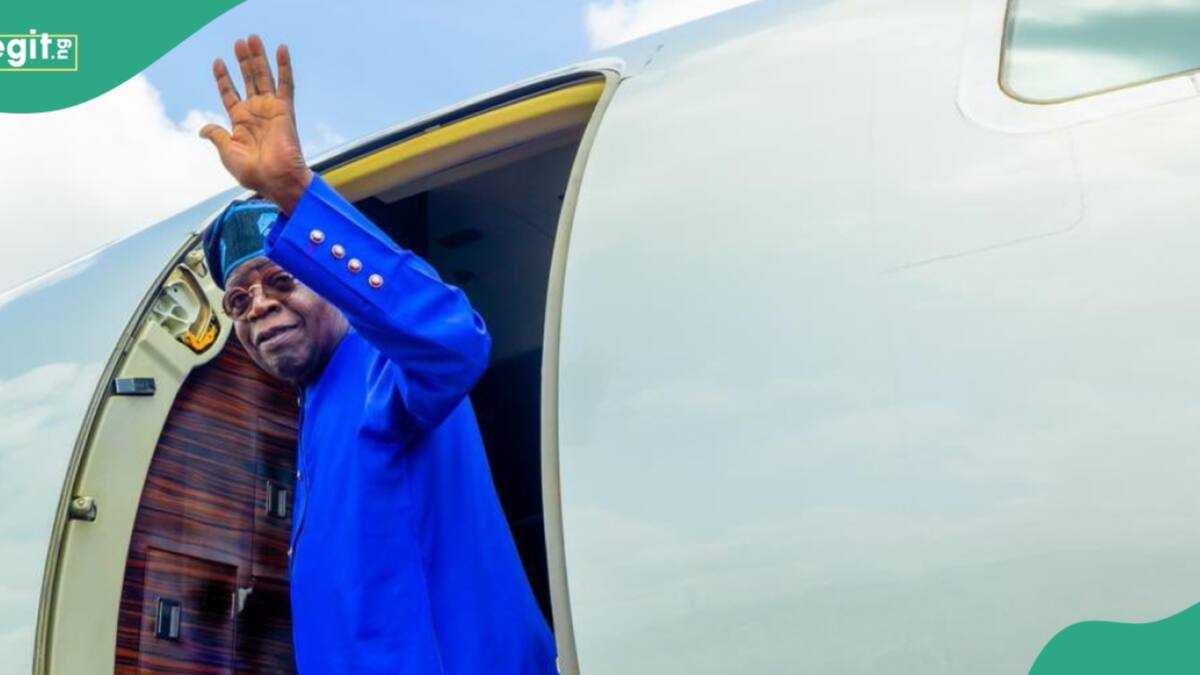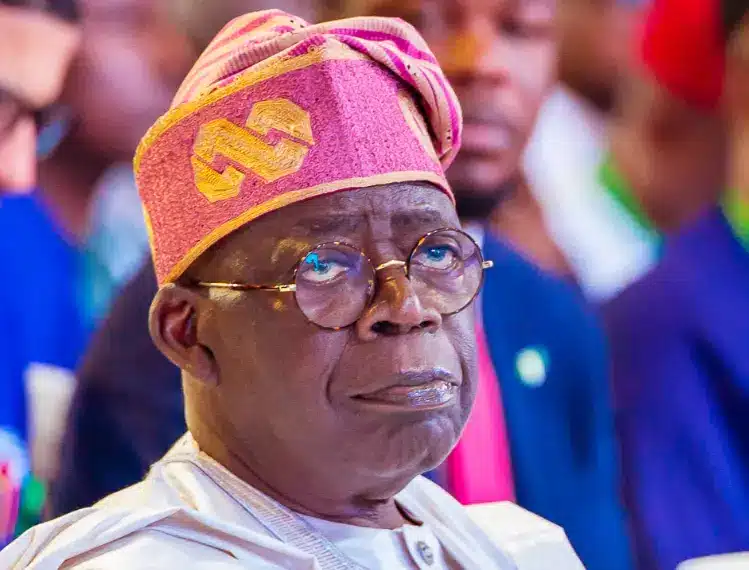Nigeria and four other African countries have teamed up to empower african music creators. These countries were part of a round table with Recording Academy, organisers of the Grammy Awards, to investigate modalities for African music upscale.
The meeting, which held on Tuesday, June 18 at the Convention Centre in Kigali, Rwanda, is aimed at elevating the vibrant music and culture of Africa unto the global stage.
Representing the Nigerian government, the Minister of Art, Culture and the Creative Economy, Hannatu Musa Musawa, in her remarks, said Africa is the future of the music industry boom, adding that Nigeria is diversifying from oil to music, culture and entertainment, which will fetch the country, $100 billion by 2030.
Musawa also called on member countries to support one another and embrace the African music project which will not only serve as a platform for global economic expansion but also as a tool for national reconciliation, unity and progress in Africa’s entertainment industry.
She said, “I must salute our Afrobeat superstars as their globalisation and emergence into global pop culture has brought the Grammies to Africa. I will first thank the legends of the Nigerian music industry that brought us here; Burna Boy, Wizkid, Don Jazzy, D’banj, Davido, P-Square, 2Face, Asake, Tiwa Savage, and others too numerous to mention.
“Nigeria was invited to this meeting by the Recording Academy following the global success of Nigeria’s afrobeats movement. As Africans, we are the future. We are undeniable and have a voice which must be used to propel the unity and progress of not only Africans but the black race all over the world.”
“The music industry provides alternative source of revenue for Nigeria as well as other African countries, thus reducing dependency on traditional sectors like oil. The Nigerian music industry is enjoyed across Africa and the globe, providing employment opportunities for millions of young people in Africa, while promoting the African culture and generating foreign currency to the country’s Gross Domestic Product, (GDP).
“We have a responsibility to use this collaboration with the Recording Academy and all the founding members, to give Africa the strength and identity they have always yearned for. The President has directed me to ensure that we create an enabling environment for this collaboration to thrive and to see how we can all work together as equal partners,” the Minister added.
Among issues discussed by the steering committee, affecting the African music industry include intellectual property rights, piracy, and poor funding.
Member countries reitereated their commitment to supporting economic policies for creative industries, which involves working with governments and policymakers to create favourable environments for artists and creators, fostering a cohesive Pan-African vision for the music industry, promoting intellectual property rights and creative innovation; facilitating artistic mobility of music creators through unhindered access to performance venues across continents, access to global opportunities through joint programmess and cross collaborations to ensure that African creators share their talents on the world stage as well as provision of educational resources, training and global elevation of African music and cultural excellence.

 5 months ago
30
5 months ago
30















 English (US) ·
English (US) ·